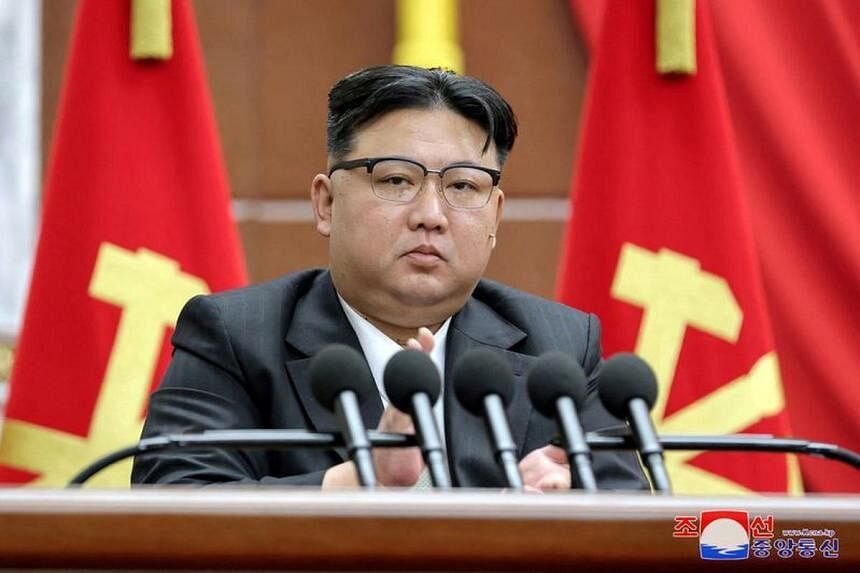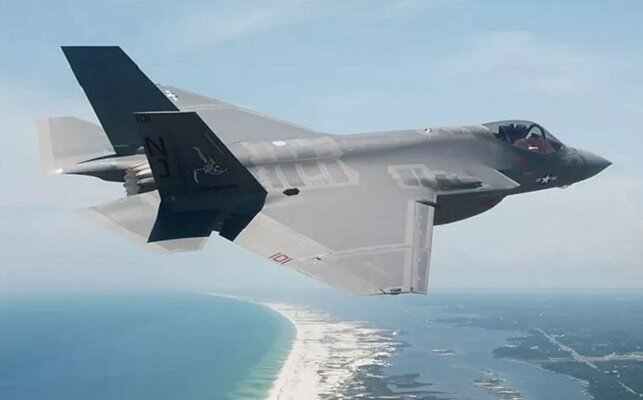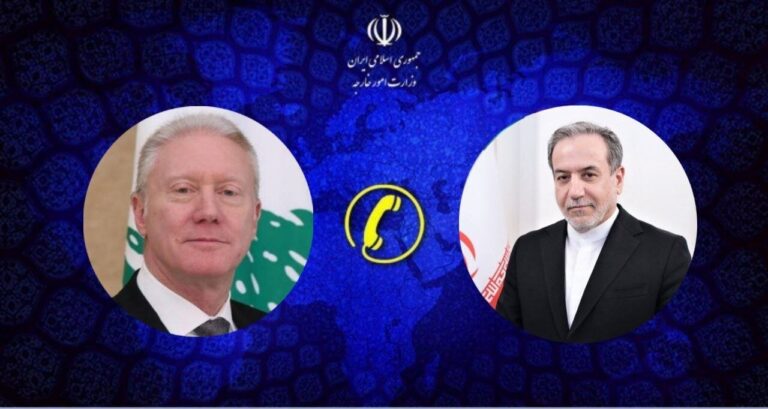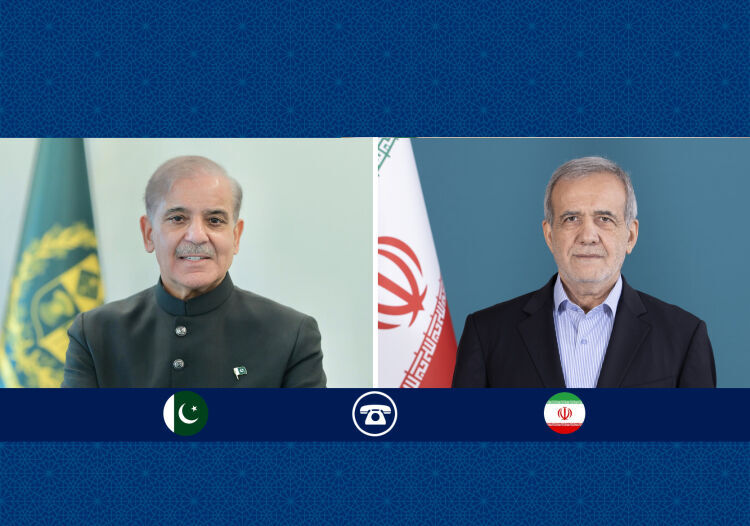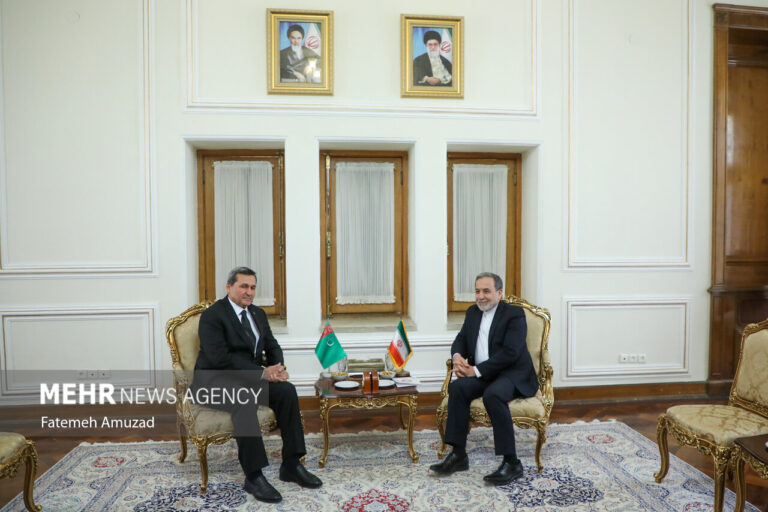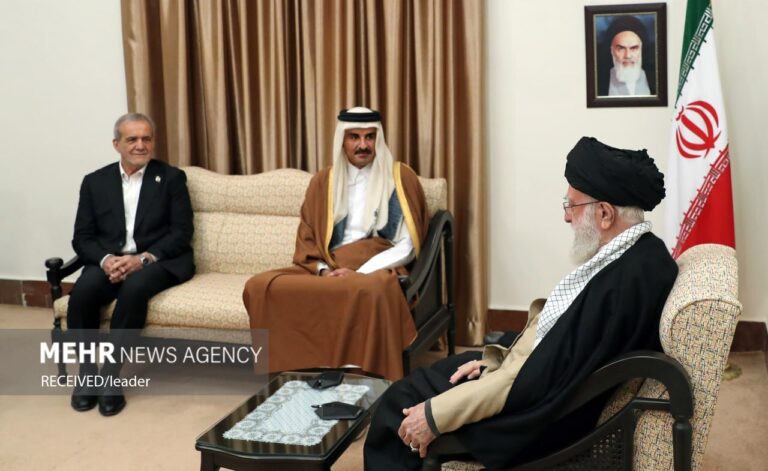North Korean Leader Extends Congratulations to Iran on Revolutionary Anniversary
In a recent diplomatic exchange, North Korean leader Kim Jong Un emphasized the importance of strengthening bilateral relations with Iran. His message, directed to President Pezeshkian, highlights the potential for enhanced cooperation between the two nations, particularly in the context of shared political interests.
Kim’s statement was made on Tuesday, coinciding with a time of celebration in Iran, as the country marked the 46th anniversary of the Islamic Revolution on Monday. This occasion has prompted various political leaders around the world to extend their congratulations and support to Iran.
In his message, Kim Jong Un expressed the following sentiments:
“I seize this opportunity to express my opinion that the friendly and cooperation-based relations between the two countries will be strengthened and developed. I wish you success in your post for the well-being and happiness of your people.”
This statement reflects a broader trend of increasing diplomatic engagement among nations, particularly those facing common challenges on the global stage. Here are some key points regarding Kim Jong Un’s message and its implications:
- Strengthening Ties: Kim Jong Un’s remarks underscore a commitment to enhancing the longstanding friendship between North Korea and Iran.
- Political Solidarity: The timing of this message aligns with Iran’s significant national celebration, which could signal solidarity among nations facing similar international pressures.
- Prospects for Cooperation: Both nations have expressed interest in exploring new avenues for cooperation, especially in areas like trade and defense.
- Global Context: This exchange occurs against a backdrop of shifting geopolitical dynamics, where nations are increasingly seeking alliances to bolster their positions.
The Islamic Revolution anniversary serves as a reminder of Iran’s historical journey and its ongoing quest for political autonomy and influence in the region. In recent days, several world leaders have sent messages to Iran, acknowledging this important milestone. The convergence of these diplomatic gestures signifies a potential pivot in international relations and a move towards greater collaboration among countries with shared interests.
In the current global landscape, characterized by complex challenges, the ability to forge strong partnerships is essential. Kim Jong Un’s message is not just a formal greeting but a strategic communication aimed at reinforcing the bonds between North Korea and Iran. Both leaders recognize the benefits of a united front in facing external pressures, particularly from Western nations.
As the world watches these developments, the implications of this strengthened relationship could extend beyond bilateral agreements. Here are potential areas where North Korea and Iran could collaborate:
- Economic Cooperation: Joint ventures in various sectors, including energy and technology, could provide mutual benefits.
- Military Collaboration: Both countries may explore defense partnerships to enhance their military capabilities.
- Cultural Exchanges: Promoting cultural understanding and exchanges could further solidify their relationship.
- Joint Political Stance: They may work together in international forums to advocate for their interests and challenge common adversaries.
In conclusion, Kim Jong Un’s message to President Pezeshkian is a clear indication of the evolving diplomatic landscape between North Korea and Iran. As both nations continue to navigate their unique geopolitical challenges, their commitment to fostering a cooperative relationship may serve as a powerful tool in their respective national strategies.
The future of North Korea-Iran relations remains to be seen, but this recent communication is a significant step towards a deeper alliance. As international dynamics shift, the importance of such partnerships will likely grow, influencing regional stability and global politics.
As we move forward, it is crucial to monitor how these two countries will capitalize on their shared interests and whether their cooperation will lead to tangible benefits for their citizens and contribute to a more balanced international order.
